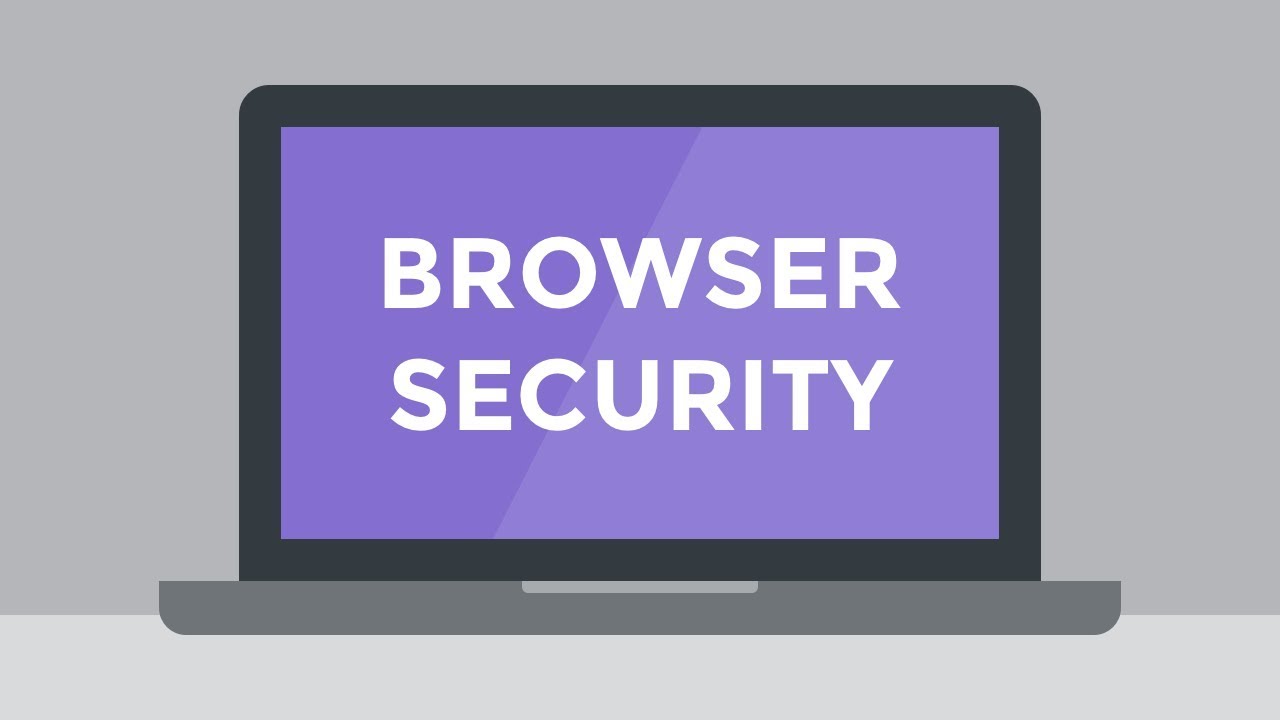Today, all of us are aware of the risks of surfing and that we need to secure our personal details. You must continuously exercise caution in almost any form of online operation, from inventing good passwords and countering never-ending spam to securing your PC and private data. Follow these steps for a more secure browsing experience.
Table of Contents
Ensure Your Computer Updated
Most ransomware attacks that succeed are due to the victim having not updated their software. Make sure that you have updated your machine to the latest version of its operating system. If you are using an OS which is no longer being updated (such as Microsoft 7) you should upgrade immediately as you are no longer protected from new threats.
Ensure Your Browser Is Also Updated
You should make sure that all the software on your PC is up to date but the second most important (after your OS) is your browser. Check for updates and make sure you are using a modern internet browser (Chrome, Edge, Safari, or Firefox) which is regularly updated.
Updating your software regularly also gives you access to the latest features – which can include improved privacy and browsing security tools and settings. If your browser has the option for automatic updates, you should enable this.
Look for HTTPS URLs
HTTPS addresses provide more protection because contact between you and the website you are visiting is encrypted. This means any data you look at or upload to the site cannot be viewed or intercepted. Not all websites have https (also called an SSL certificate) but browsers like Chrome will alert you if a site does not.
Don’t download from unknown sources.
When browsing it can be easy to click on the first link we see or fill our details in without thinking. Always take the time to evaluate the site you are about to download something from. Do you know the website? Have you used it before? Does it have an SSL? Does it have a proper Privacy policy and term and conditions page? Is the URL reflective of the site or is it masquerading as something else (like a site that looks like nike.com but has an unrelated URL).
If it’s too good to be true, it’s because it is.
This isn’t just true on the internet, but a good rule for life! We find ourselves looking for discount coupons or giveaways that allow us to get premium paid goods that we need for a lot less or for free, because we all like to save money. It is here where the key danger lies. Crooks know that, for millions of people, this is a vulnerability and they know how to manipulate it. Many pages providing freebies can sneak into malware or spyware-infected programme copies or have infected links on their site.
Be Wary Of Shortened URLs
Short URLs can be convenient but also dangerous. Before following those shortened URLs, you need to think twice. Some of them may hide unwelcome links on your PC that may load malware or lead you to websites that you would certainly like to avoid. There are applications and extensions available which can help you check these URLs before clicking on them.
Use Incognito On Public Machines
It is always prudent to use the built-in private or anonymous mode of the browser, regardless of where you use someone else’s PC, whether at a library or your friend’s. The advantage of incognito mode is that your browsing history does not reside in the memory of that PC; this is not the case for downloads, however.
Similarly, you should set up a guest profile on your machine and browser and switch to that if someone asks to use your machine.
Be Wary Of Extensions
Browser extensions are great and can add some great extra functionality to your browser. At their best they boost productivity and make browsing more fun, however they can also be vectors for cyber threats. The safest option is to only download extensions from trusted manufacturers like Google, Microsoft, Spotify or the like. Failing that, you should always read the reviews for any extension you are considering.
We hope this has been a useful guide to keeping yourself safe online. As you will see there is a common theme to most of the advice, which is, “stop, wait, think”. Always take the time to evaluate any action you take online, especially when it could put your data at risk. Follow these steps to the letter and you’ll have an even better chance at avoiding online threats. Installing some antivirus and ransomware protection is always a good idea too in case something does manage to get through.












